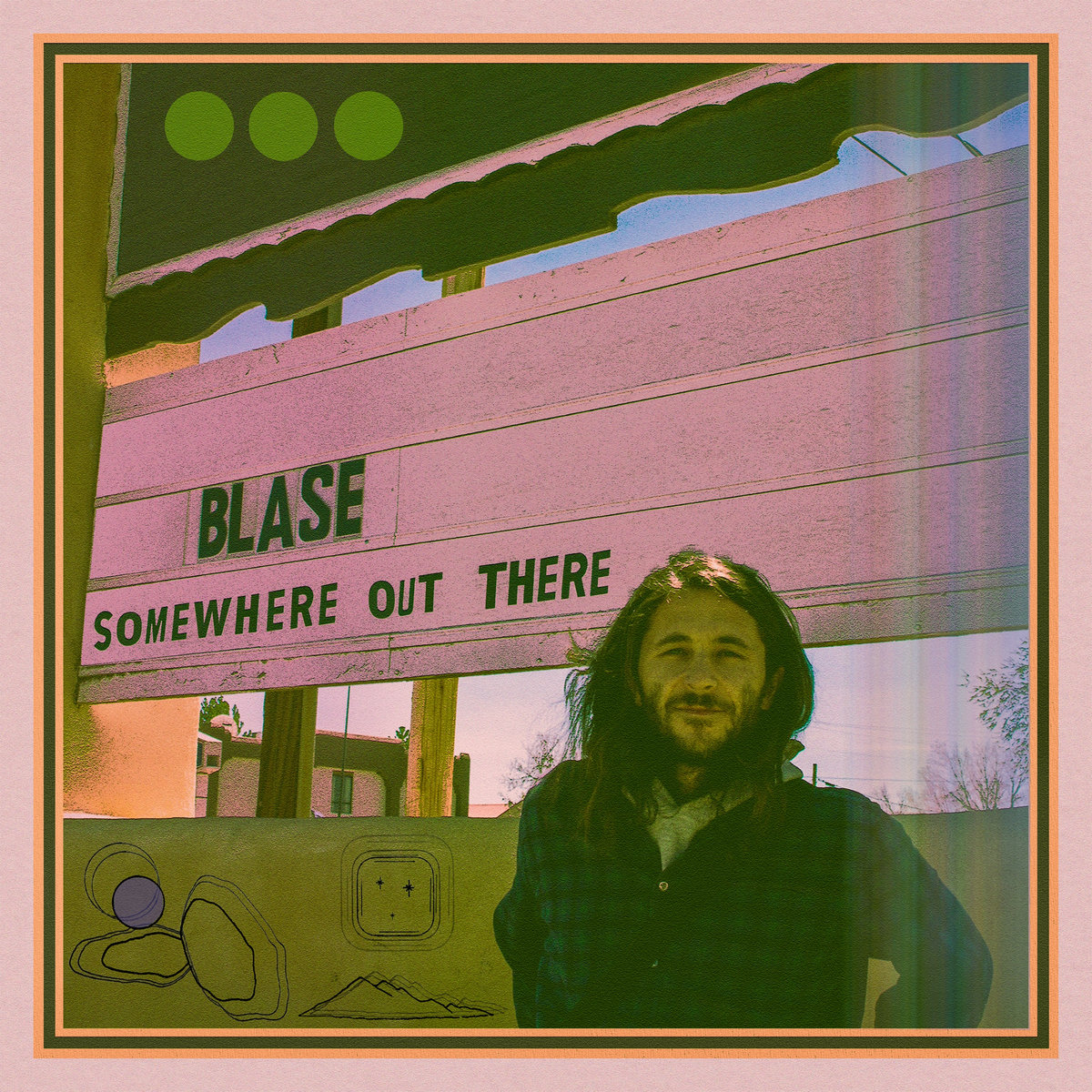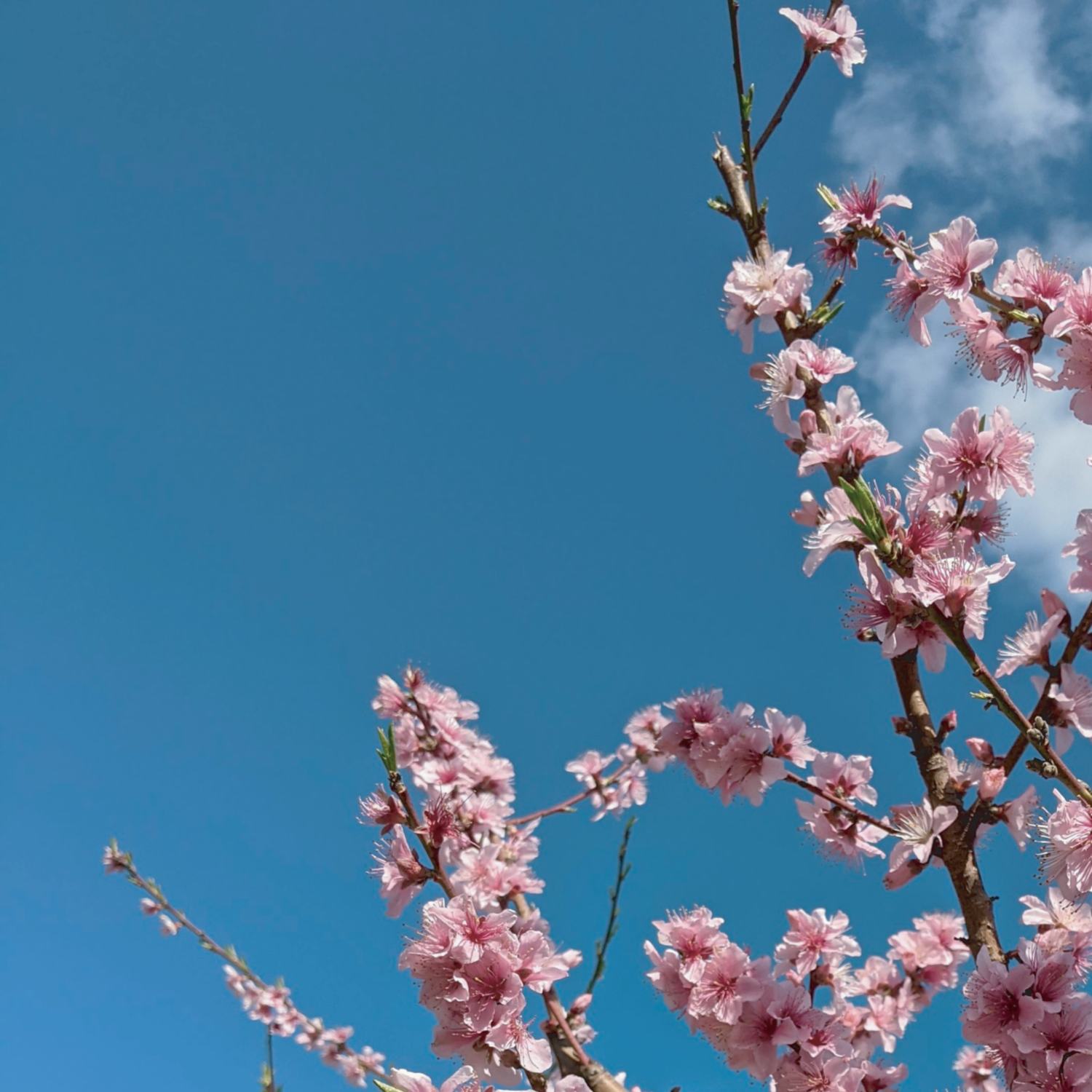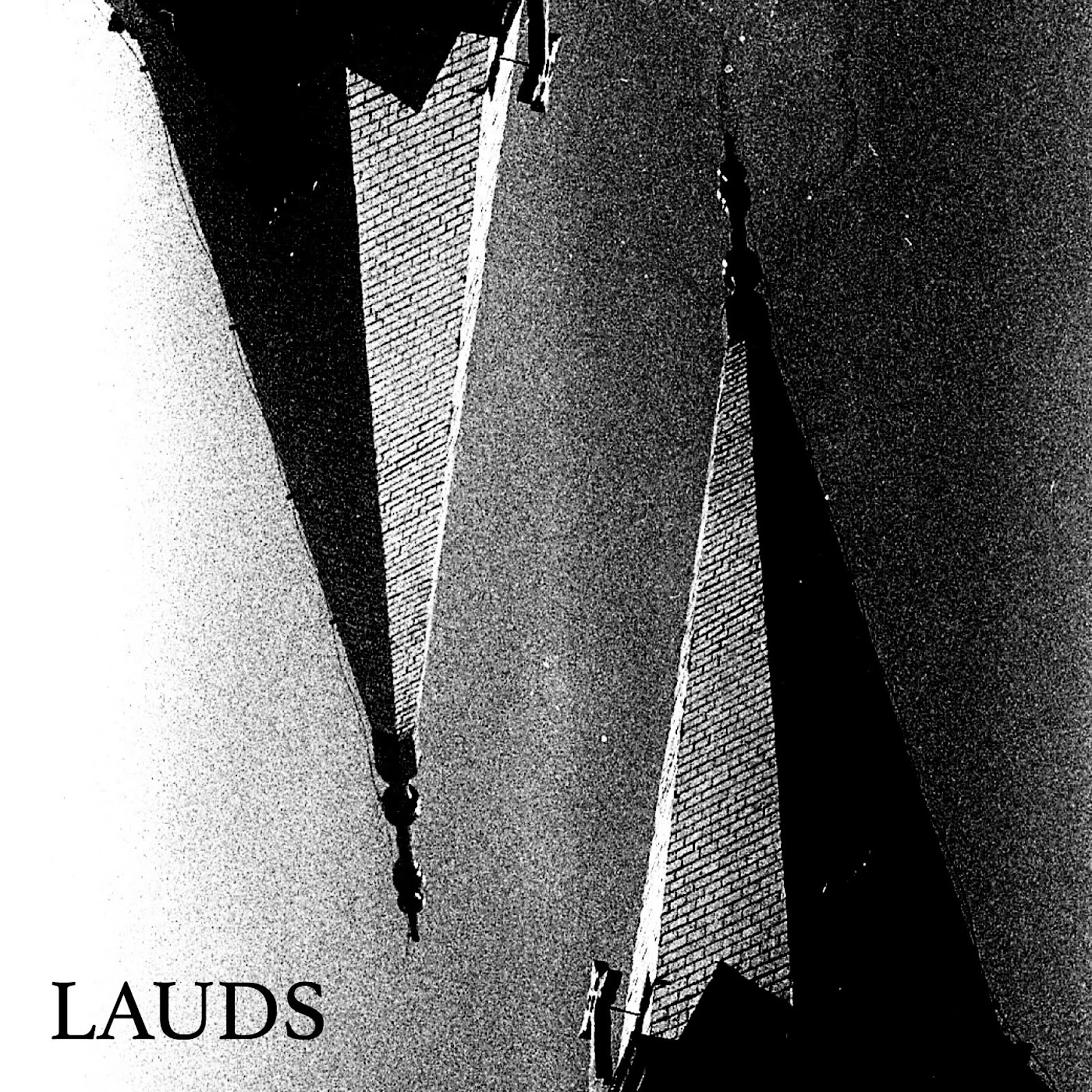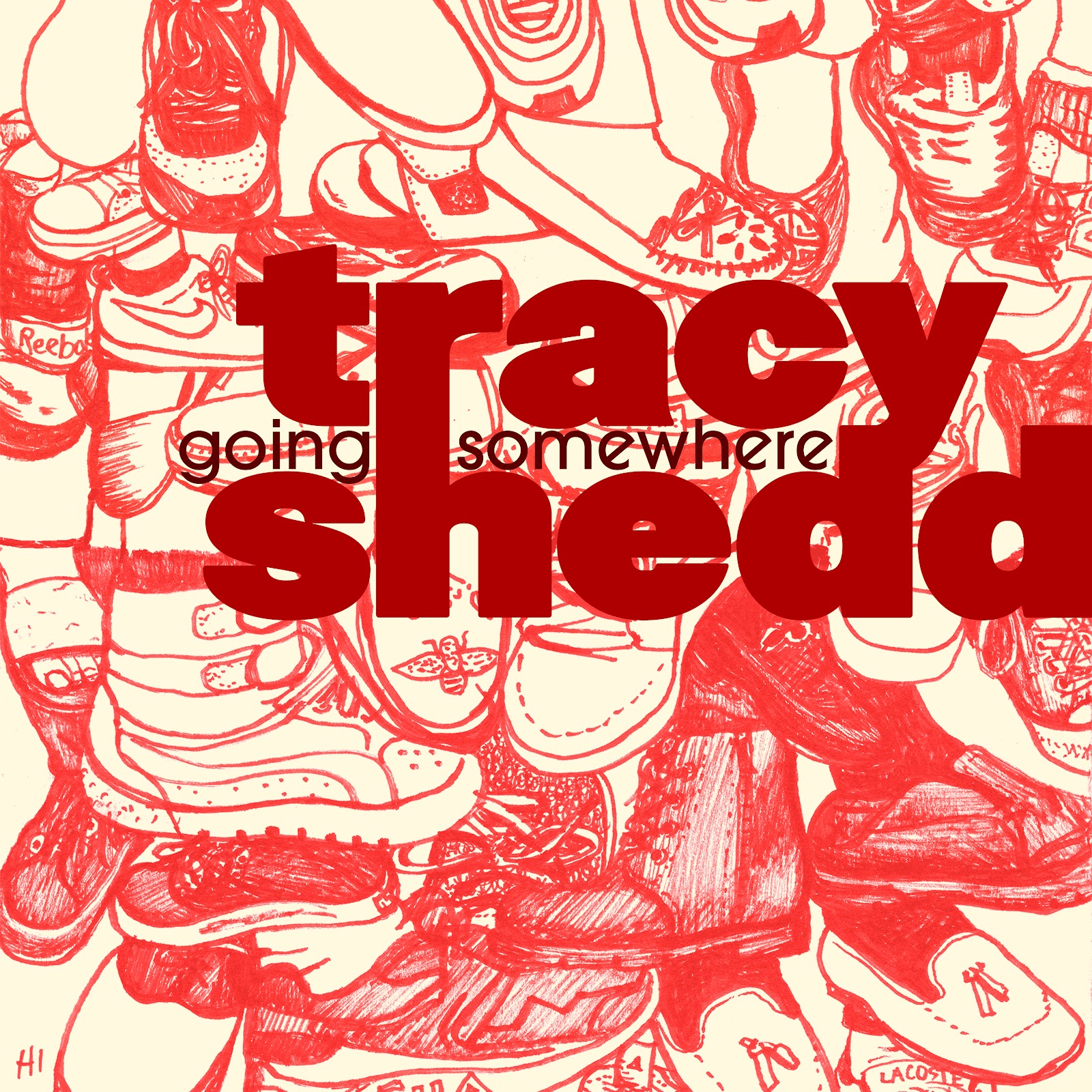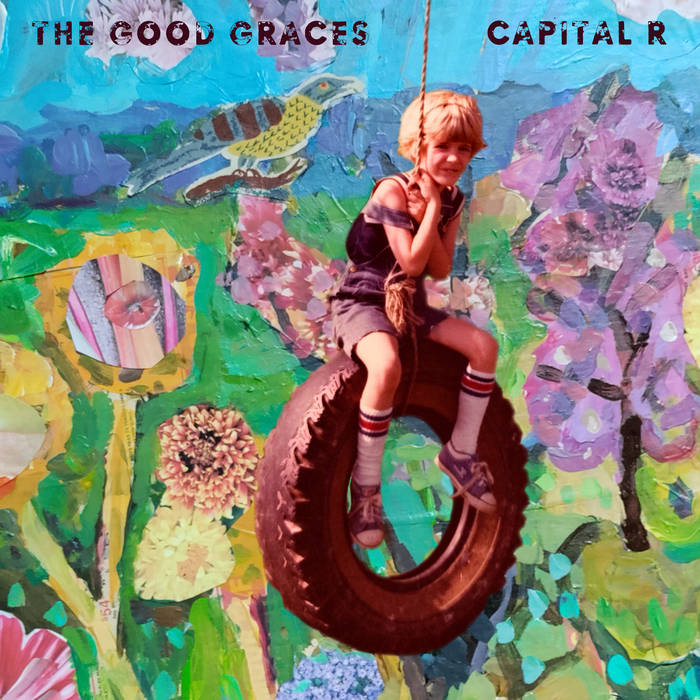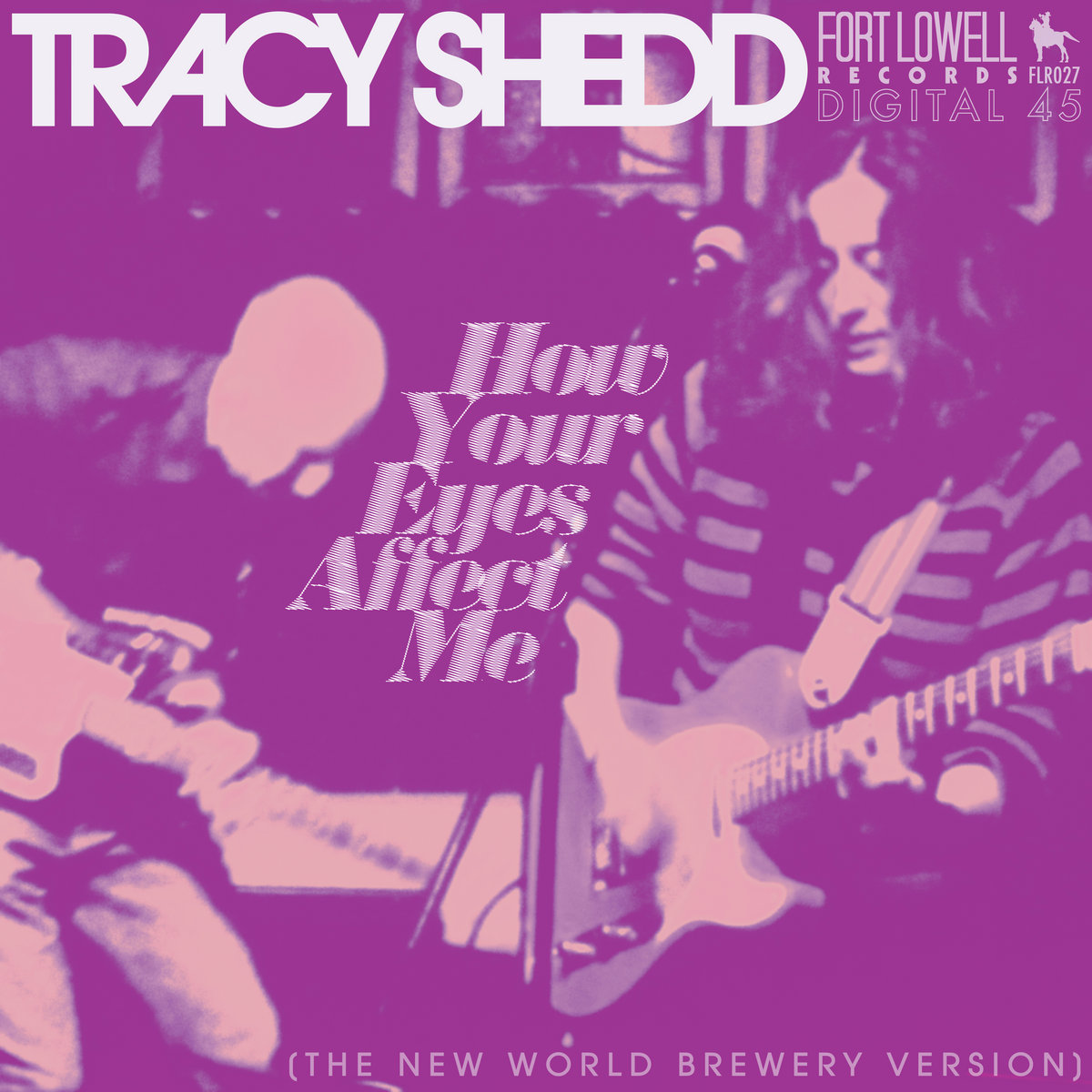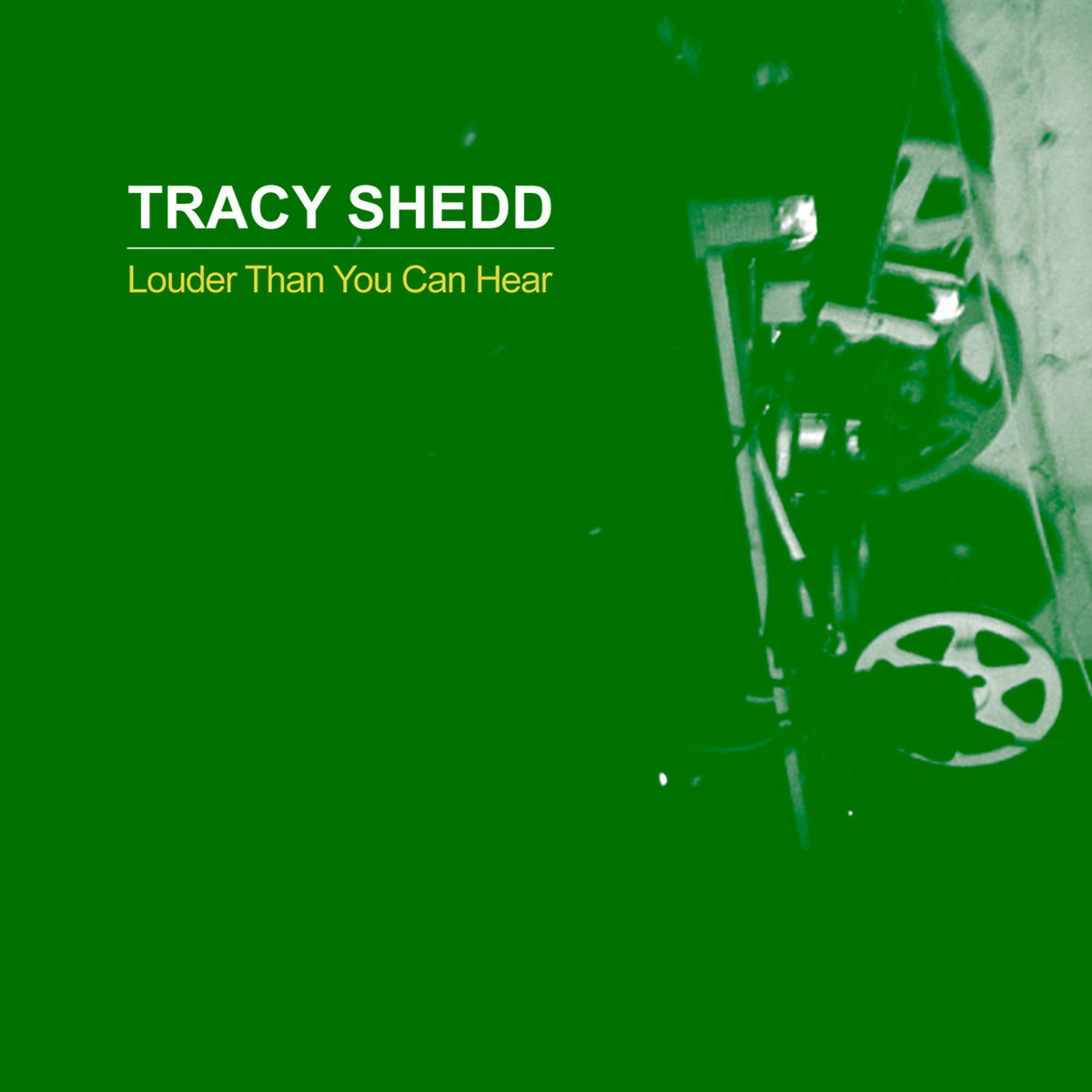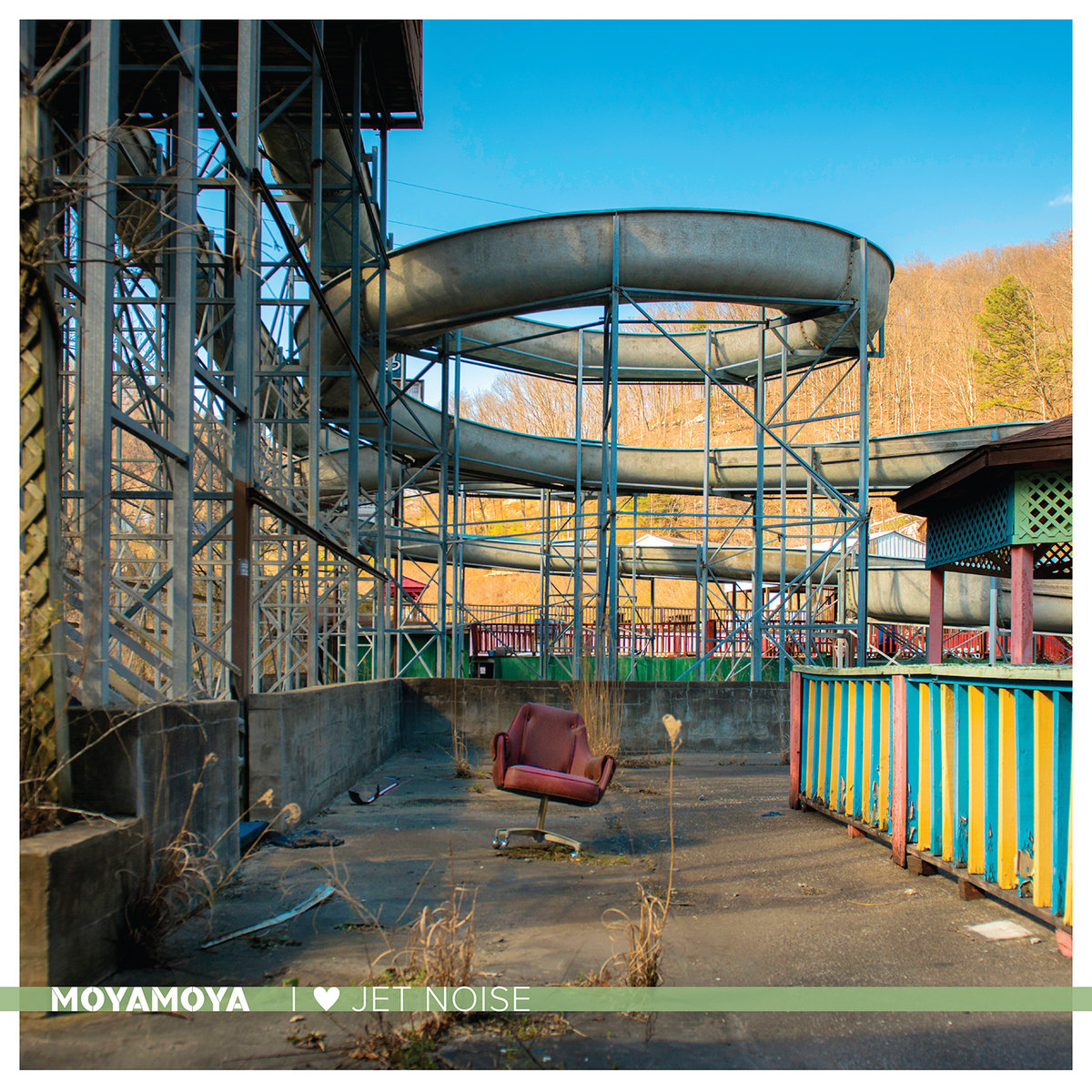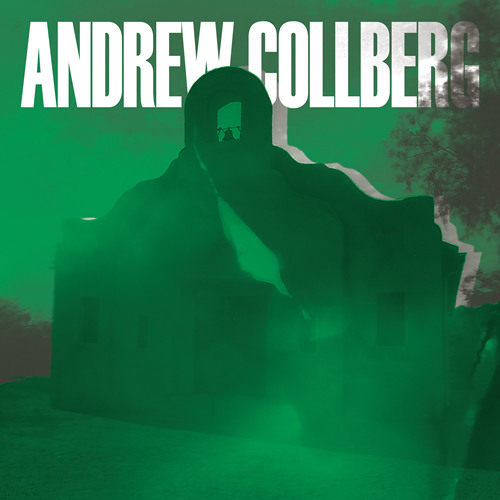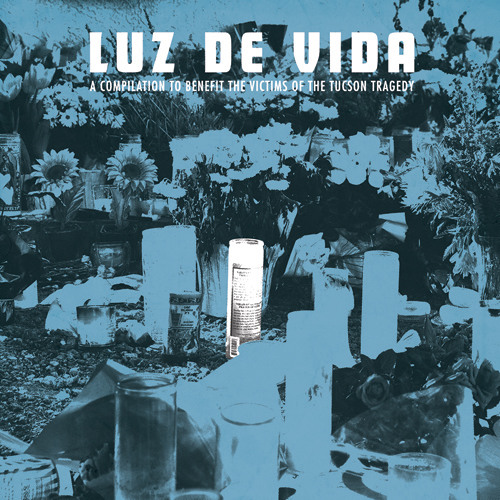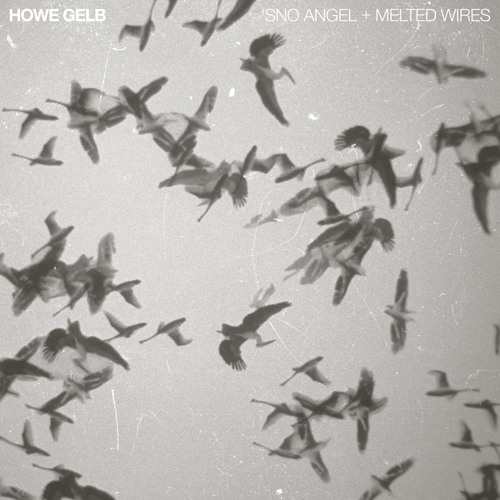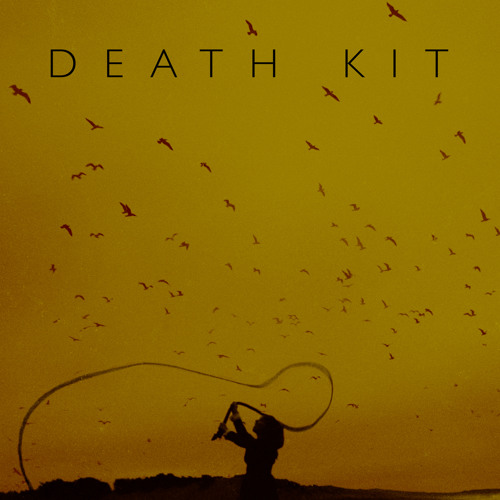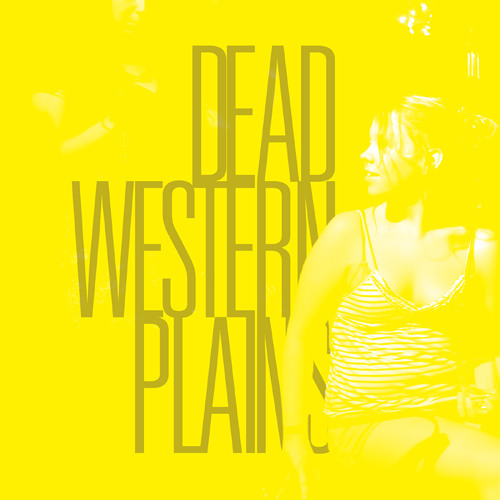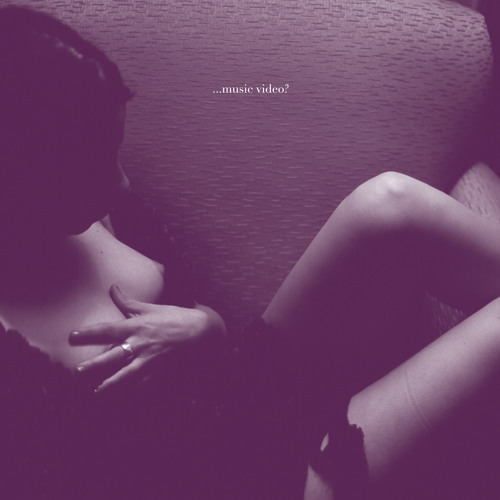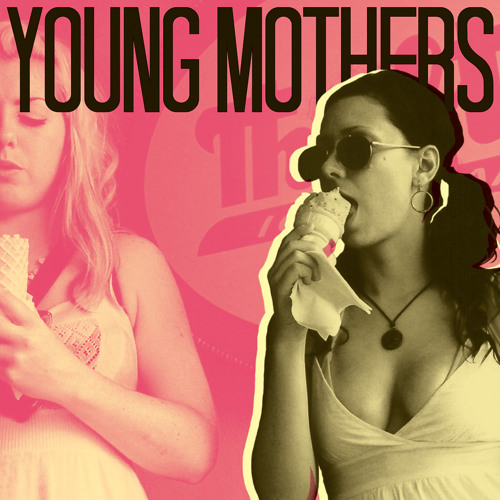EVENT CALENDAR
Friday, November 12, 2021
A Light in the dark: Tucson music compilation Luz de Vida II supports families of homicide victims
[Repost from Tucson Weekly; by Jeff Gardner, November 11, 2021]
Light shines through darker days,” sings Tucson band Calexico in the opening lines of the new album “Luz de Vida II,” a collection of local music to benefit those affected by violence.
“Luz de Vida II” was released on Friday, Nov. 5, roughly 10 years after the first “Luz de Vida,” which was recorded in response to the 2011 Tucson mass shooting. Both projects were produced by Fort Lowell Records, which gathered Tucson-affiliated musicians to sing stories of hope, and donated the proceeds to charity. Sales of “Luz de Vida II” will be donated to the local nonprofit Homicide Survivors Inc., which provides support for families impacted by homicide.
“Luz de Vida II” (Spanish for “light of life”) features a variety of Tucson musicians, from the desert rock of Calexico and XIXA, to the acoustic ballads of Dr. Dog and Amos Lee, to the pop of Tracy Shedd. But whether they’re energetic or soft, all the songs are reflective and uplifting in the face of tragedy.
James Tritten, who runs Fort Lowell Records out of Wilmington, North Carolina, says selecting musicians to perform on the album was simply a matter of contacting Tucson artists he was already acquainted with. But the idea for the album is a more complex story.
The original installment, titled “Luz de Vida: A Compilation to Benefit the Victims of the Tucson Tragedy,” was released in 2011 and supported the Tucson Together Fund. Tritten moved to North Carolina from Tucson in 2013, and has supported independent music since. During the pandemic and protests of 2020, Fort Lowell Records released a benefit compilation of Carolina artists titled GROW.
The Tucson Together Fund disbanded in 2013. During quarantine, Tritten spoke with a friend who introduced him to the Tucson-based Homicide Survivors Inc, and he decided to direct the funds from the first “Luz de Vida” to them. Tritten eventually spoke with representatives from Homicide Survivors and they brought up the idea of re-releasing the original album.
“And I figured if we’re going to put forward the money to get a new vinyl pressing of the first album, why not make a whole new record?” Tritten said. “That’s kind of it, it was serendipitous in that way. Luz de Vida I inspired GROW, but then the actions of GROW enabled Luz de Vida II to happen. Out of this pandemic and the environment we were all forced into, reminded us how important it is to have networks and share ideas.”
The only artists to appear on both “Luz de Vida” albums are Calexico and Tracy Shedd. In an interview with The Bluegrass Situation, Joey Burns of Calexico explained the band’s reasoning for participating in the benefits.
“I’ve had friends and family members who have been directly affected by gun violence. We need to find some kind of solution to gun violence and improve the situation here in our community, Southern Arizona, and nationwide,” Burns said. “I’m friends with former Congresswoman Gabby Giffords and Sen. Mark Kelly and their work on this issue has been vital, not to mention inspiring. So when I was asked to be involved with the second incarnation of Luz de Vida, it was an emphatic ‘Yes!’”
Burns explains their entry for the album, “Wash,” is inspired by the healing quality of the Sonoran Desert. This is reflected in other songs on LDV2, such as Hannah Yeun’s song “All That Matters is the Wind” and The Resonars’ song “It’s the Same.”
“As a record label, when we’re putting a compilation together that represents so much, we do try to curate a certain sound, and HSI as an organization was very respectful to that,” Tritten said. “We spoke about how it’s not a wide-open canvas, we were trying to basically make it an alternative rock compilation.”
In an interview with Guitar Girl Magazine, Yeun explained that her entry for the album takes solace in nature, that no matter how difficult things may be, listening to something as simple as the wind can remind us that all things pass.
“I wrote this song during a falling out with a few new friends I had made, a traumatic breakup with someone who was actively involved with the music scene, and the death of a few dear friends,” Yeun said. “It was my way of grieving that loss, and because I was so new in town, I tended to not go out much and isolated myself a bit to write songs. I made sure to attend the All Souls Procession (the Tucson Día de Los Muertos celebration) to write the names of those I had lost that year to be tossed into the urn that they light on fire as a way to honor the dead.”






